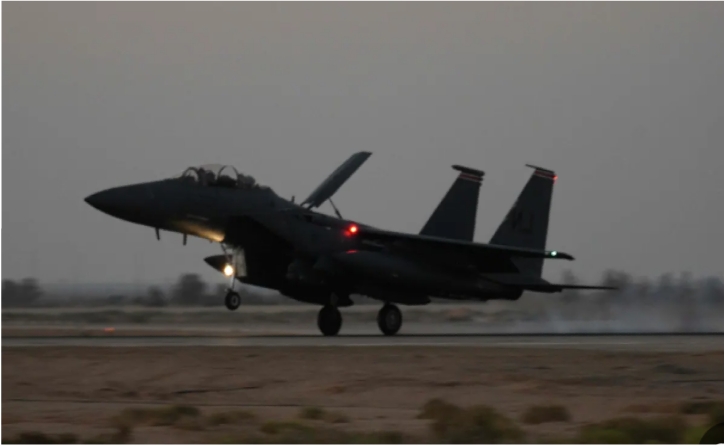
In a recent escalation of military actions, the United States conducted a series of airstrikes in Iraq and Syria, resulting in at least 16 reported casualties, including civilians, and 25 individuals wounded. The bombings, which targeted both civilian and security areas, have drawn strong condemnation from the Iraqi government.
The airstrikes were executed in response to an earlier attack that claimed the lives of American soldiers in Jordan during the Israel war on Gaza. However, the Iraqi government has decried these strikes as “new aggression” against its sovereignty, issuing warnings of severe consequences for the region.
Challenges in communication have arisen as Washington claims coordination with Baghdad, a stance firmly rejected by the Iraqi government. They label these assertions as “false” and further accuse the U.S.-led military coalition of jeopardizing Iraq’s security and stability.
The Syrian Ministry of Defence has joined the chorus of criticism, denouncing what they term as the “aggression of the American occupation forces.” The strikes targeted areas where the Syrian military is actively engaged against remnants of the ISIS group. Syrian state media reported casualties in the desert region and border areas with Iraq. The Syrian Observatory for Human Rights suggests that at least 23 fighters aligned with Iran were killed, though independent verification is pending.
Despite the strikes not occurring within Iranian territory, Iran’s Ministry of Foreign Affairs has condemned the actions as “adventurous” and predicted an escalation of instability in the region. In response, the U.S. National Security Council clarified that the primary objective of the attacks was to deter Iran-aligned groups, emphasizing that the intent is not to provoke a war with Iran.
Against the backdrop of heightened tensions, Iran’s Ministry of Foreign Affairs attributes the root cause to Israel’s occupation, ongoing genocide in Gaza, and the plight of the Palestinians. They underscore the need for resolving these underlying issues as crucial for restoring stability in the region.
The situation remains volatile, with the Iraqi government formally protesting the strikes. Concerns are mounting regarding the broader implications for regional security and stability as diplomatic tensions continue to escalate. The international community closely watches the evolving situation, mindful of the potential repercussions on the geopolitical landscape.
